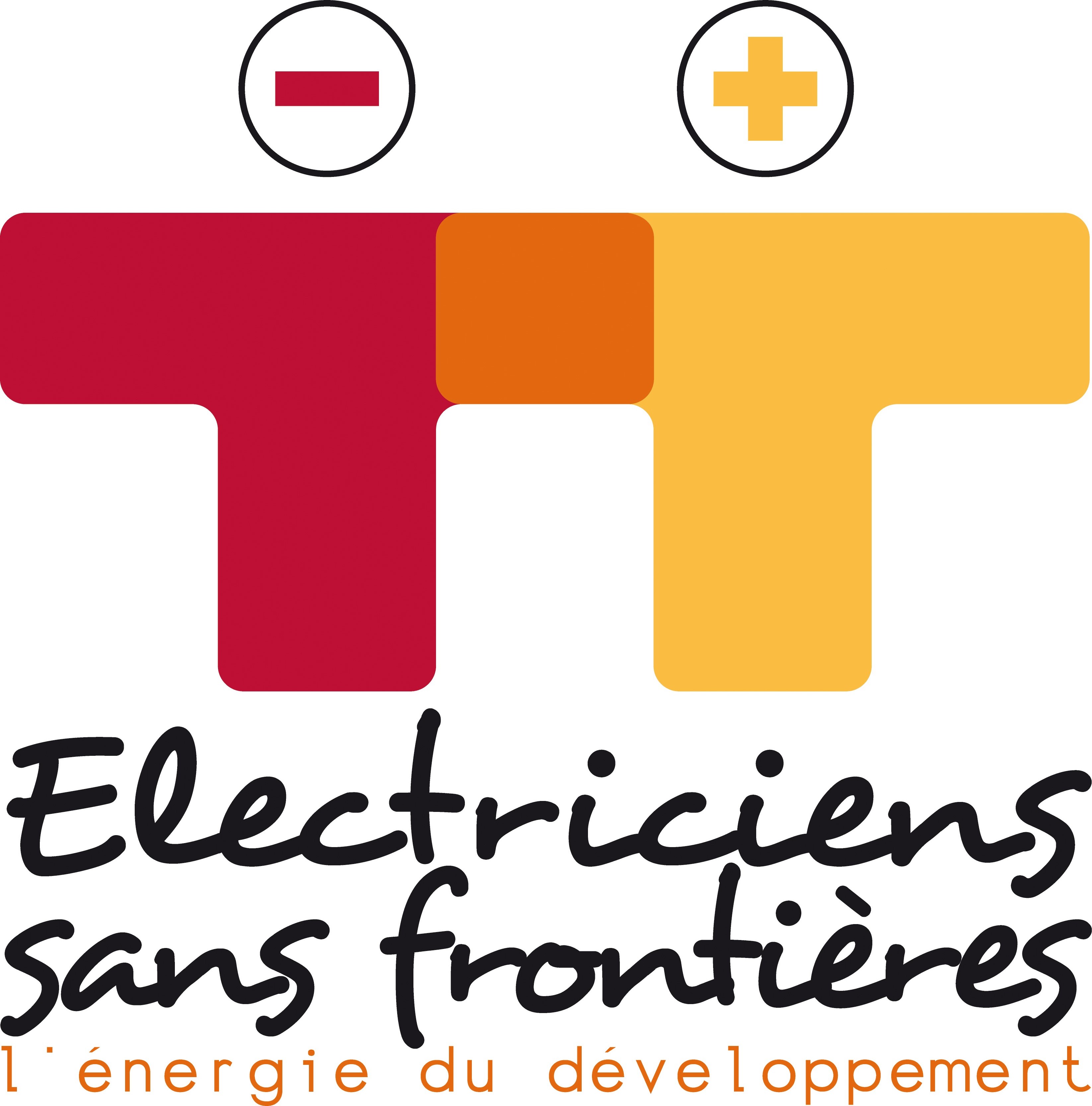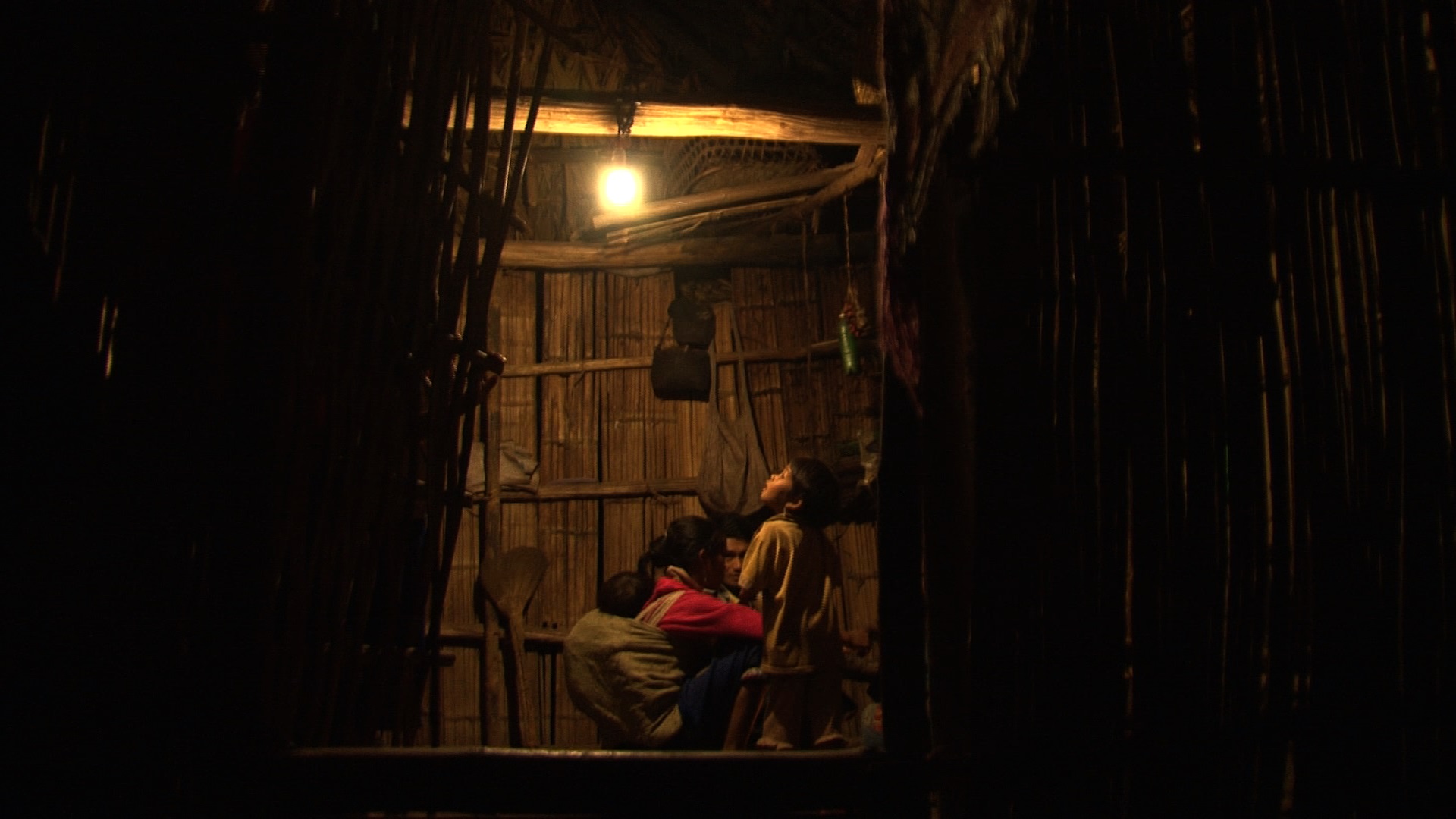DATABASE
Green Energy for 24 isolated villages in the the district of Phongsaly in northen Laos - WINNER OF THE WAME CALL
completed
Country
Laos
Budget
0 - 500.000 $
Year
2012
Issue
Solutions
Link
www.youtube.com
Abstract
For several secluded rural very isolated Laotian villages there are no plans for connection to the national grid, the main objective of the project was to develop the capacity of villagers to have long-term collective access to electricity, on an independent basis. In partnership with local players we implemented hydro generators in 24 villages.
Project Description
Phongsaly is one of the poorest region of Laos, and the extension of national grid in all the villages is too important and expensive investment for the government and local populations. For these reasons Phongsaly is a priority for international aid. Electriciens sans frontières has intervened upon the request of the local authorities to develop independent solutions for energy access in their villages thanks to renewable energy. The key idea, in line with the project’s original central objectives was to provide the villagers with transferable skills that were both technically and financially based on a theoretical and practical training of the technicians. These trainings allowed to choose a hydroelectric site, to calculate its performances, to choose the relevant pico-hydro turbines, to implement hydroelectric work, to design and build the electric wiring, to set up the wires. Each training session ended with the implementation of two ‘school model’ installations. This activity allowed us to assess the level of involvement of the populations by having them actively and financially participate to the installations. Now they are responsible of its sustainability by paying monthly fees, maintaining the installations etc. A couple of years after the en of the project, we have been informed that in some villages they duplicated the instalaltions to get more power and respond to the needs of all the villagers.
BENEFICIARIES
Around 25 000, the entire population of the villages concerned
Results
This project aimed to contribute to two main MDGs “To eradicate extreme poverty” and “To ensure a sustainable development” by supplying clean and affordable energy services. Electriciens sans frontières and local players implemented 39 pilot installations in 24 villages. The main objective was to realize an efficient skills transfer. 69 rice farmers have been trained in the technology and installation of hydro generators, constructing electrical supply lines and installing equipment in buildings. 15 of them, have been trained to maintain and improve the reliability of hydro generators. Establish management committee in every villages was also one of the most important objectives. To reach it we worked with the villages’ representants and the local authorities in creating village electrical management committees and define together the committees’ tasks, their organization, how they should operate and find an agreement for the monthly payments for the electricity supply.
Business Model
The establishment of management committees was checked during follow-up visits and monitoring the pilot installations. Each of village chiefs signed a contract for establishing and running their own management committee. They have to ensure that each household pays its subscription fees on time. We installed voltage limiters to assure the respect of the use of installations for the defined objectives. The committees are also in charge of the maintenance supervision and organization.
Lessons Learnt
To ensure the sustainability of the project, Electriciens sans frontières and all the local players involved worked on a sustainable and available locally supply chain. The main questions was on the choice of the pico turbines. We had to choose between Chinese or Vietnamese pico turbines. After several tests we decided to implement Chinese pico turbines, more expensive but more efficient. A similar choice had to be done for the lamps. We changed the lamp technology, from the LBC to the LED, knowing that the LEDs are still very expensive compared to purchasing power of families. But as we acted as part of a pilot project we thought it appropriate to introduce new technologies to trainees and also because their low power consumption and adaptation to changes in tension.
Key Feature
The idea of this project is to have at the same time a small group of skilled technicians in each of the 24 villages and to develop the idea that sharing skills between technicians is by far the most efficient solution (more efficient than individual action). Because this way of getting electricity is already well-known in the Phongsaly region, it offers a good basis for the implementation of more installations (particularly in terms of durability). Indeed, if some territories of the region will be connected to the national network, others are condemned to find their own solutions and to self-manage their access to electricity. With the help of the local authorities, a collective system could be given birth to. Thanks to all the technicians trained during this project, this collective system would actively participate to the improvement of the conditions of exploitation, of the servicing of these installations and of the reliability of the pico-hydro turbines.
Other significant information
Electriciens sans frontières is still present is this region and conducts access to energy projects in remote villages thanks to photovoltaic or hydro power solutions. Theses realizations are based on the feedback of the former project and we decided to share our experience with our Italian counterpart Electtrici senza frontiere created at the beginning of year. This should be their first project and our role will be to include them in every step of the project.
Main Donor
The Energy and Environment Partnership Programme in Mekong region (EEP Mekong), Legrand, Syndicat Intercommunal d'Electricité du Département de l'Aveyron, Conseil régional Languedoc Roussillon
(Government)
Implementing Actor
The Electrical Department of the Laos Ministry of Energy and Mines, the provincial and district authorities of Phongsaly, 24 villages heads and beneficiaries. (Others)


